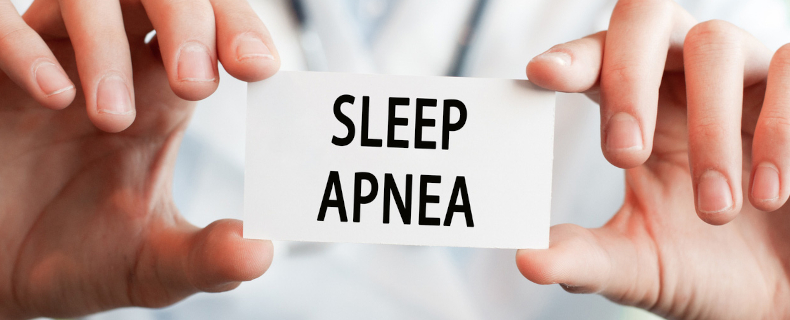
San Francisco and Marin CA
Obstructive sleep apnea now affects more than one-fourth of all American adults between the ages of 30 and 70 years old. Any figures about the number of Americans with sleep apnea are merely estimates because, unfortunately, many people who suffer from this sleep breathing disorder never receive diagnosis, much less treatment. Using a CPAP machine remains the most popular form of treatment for sleep apnea, but CPAP is not your only option. Find out why, in the latest article on our blog.
How does CPAP treat sleep apnea?
CPAP, which is short for continuous positive airway pressure, uses a machine to maintain a constant flow of air for patients with sleep apnea. The machine attaches to a mask that sleep apnea patients wear while they sleep. This airflow maintains an open airway, safeguarding against the blockages and/or collapses of soft tissue that cause a sleep apnea attack to happen. Medical practitioners opt for CPAP to treat sleep apnea because it works; however, long-term compliance by CPAP users can be problematic. One study determined that up to 83% of CPAP patients were non-adherent—defined as actually using their CPAP for fewer than four hours per night.
Why do people encounter problems with CPAP?
When you wear the mask at night, any dust, debris and oil that builds up on your face during a typical day remains in contact with the mask. These materials can cause a rash or other types of skin irritation.
Chronic illnesses or allergies may develop, such as a lingering sinus infection or a sore throat that never goes away. These illnesses can occur as a consequence of CPAP, especially if your machine is not maintained and cleaned thoroughly on a regular basis, allowing the accumulation of mold or mildew to form. Unfortunately, some germs and bacteria still can linger inside the equipment even if it is cleaned often.
Other complaints by CPAP patients include:
- Chronic dry mouth
- Use of the machine impeding intimacy
- Being reluctant to use the machine because of embarrassment
- Difficulty traveling with the machine
- Insomnia of the patient or their sleeping partner due to the noise emitted by the CPAP machine
- Having problems maintaining the machine
Treating sleep apnea without CPAP in the Bay Area
Many people think that CPAP is their only option when it comes to finding relief for their sleep apnea. If they don’t like the idea of using the machine or experience problems after beginning with CPAP, they may refrain from seeking treatment at all. This is the worst decision a sleep apnea patient can make! Untreated sleep apnea can lead to dramatic increases in your risk of developing heart disease, high blood pressure, diabetes, cognitive failure and more.
At Glen Park Dental, we prefer to treat sleep apnea through oral appliance therapy. We supply you with a custom-made mouth guard that is designed using high-quality materials superior to any anti-snoring mouthpiece you can buy in a store. Each of our sleep apnea oral appliances is fabricated from unique impressions of your teeth and mouth. When used, these oral appliances reposition your lower jaw, bringing it forward and helping to keep open the airway. This treatment focuses on the root cause of sleep apnea—whatever airway issue is precipitating the sleep apnea attacks.
To find out more about how we treat sleep apnea, schedule a consultation today. Just call the office of Glen Park Dental at (415) 585-1500 or complete our online contact form.


